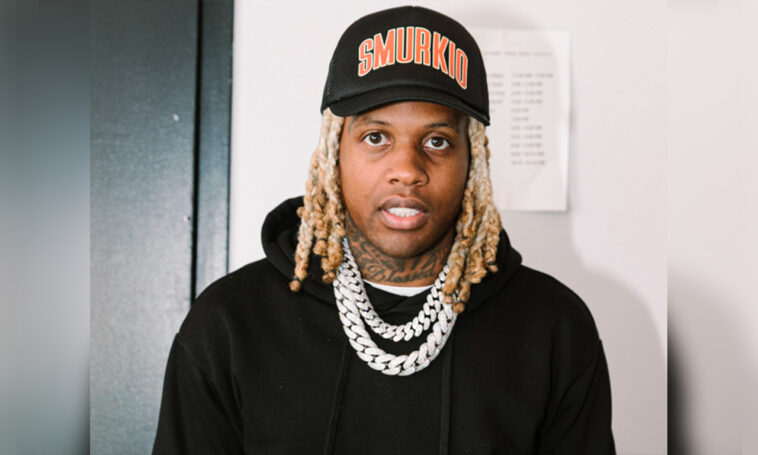Lawsuit claims conspiracy and negligence in the 2020 murder of rapper FBG Duck.
A new lawsuit has emerged, seeking justice for the family of slain rapper FBG Duck, whose real name was Carlton Weekly. Filed on October 9, 2023, by the Dinizulu Law Group, the lawsuit targets Chicago rapper Lil Durk, his record label Only Family Entertainment (OTF), and several music companies. The lawsuit stems from the tragic shooting that took place in August 2020 outside a Dolce & Gabbana store in Chicago’s Gold Coast area.
FBG Duck was shot and killed in a shocking incident that left two bystanders injured. The family believes that Lil Durk and his associates are responsible for the events leading to Weekly’s death. The complaint alleges that Lil Durk, along with the late rapper King Von and their associates, conspired to murder FBG Duck. According to the suit, a $100,000 bounty was placed on Weekly’s life as part of an ongoing gang conflict between the Black Disciples and Gangster Disciples on Chicago’s South Side.
“The music companies knowingly signed artists with gang ties, promoted ‘diss tracks’ threatening Weekly’s life, and profited from the deadly rivalry.”
The lawsuit brings attention to the culture surrounding gang affiliations in the music industry. It claims that major music companies, including Alamo Records, Sony Music Entertainment, Universal Music Group, and Empire Distribution, have played a role in perpetuating violence. The suit accuses these companies of bankrolling OTF, promoting artists with gang ties, and profiting from music that incites violence.
One significant point raised in the lawsuit is the role of the music industry in glorifying and promoting violent narratives. The complaint argues that the music companies knowingly signed artists who were involved in gang rivalries, thereby fueling the conflict. By promoting “diss tracks” that threatened FBG Duck’s life, these companies allegedly contributed to an environment that led to his murder.
Additionally, the lawsuit criticizes the response of emergency services. It claims that FBG Duck was alive for nearly 20 minutes after the shooting but did not receive any medical attention during that time. The complaint highlights a failure in providing life-saving aid, suggesting that the first responders did not act quickly enough to transport him to a hospital. This allegation points to a potential lapse in duty during a critical moment.
The murder of FBG Duck has had lasting implications in Chicago’s music scene. A jury convicted six alleged members of Chicago’s O-Block gang in connection with his death earlier this year. This conviction has drawn attention to the dangers faced by artists in the rap industry, particularly those who are embroiled in gang-related disputes.
The lawsuit filed by FBG Duck’s family is part of a broader conversation about accountability in the music industry. It raises important questions about the responsibilities of record labels and the consequences of promoting violent content. As hip-hop continues to evolve, the impact of gang culture remains a persistent issue.
In the wake of this lawsuit, many are watching closely to see how it unfolds in court. The outcome could set a precedent for future cases involving violence in the music industry and the responsibilities of those who promote it. The family’s legal team is seeking not only justice for FBG Duck but also a reckoning within the industry.
As discussions around accountability in hip-hop gain traction, this case serves as a reminder of the real-world consequences of glorifying violence. The tragic loss of FBG Duck underscores the need for change, not just in individual behavior but also in the systemic issues that contribute to such violence.
In conclusion, the lawsuit against Lil Durk and major music labels is a significant development in the ongoing conversation about violence in the rap industry. FBG Duck’s family is calling for accountability from those they believe played a role in his death. The case could potentially reshape how the music industry engages with artists and addresses issues of violence and gang affiliation.
As the case progresses, it highlights the urgent need for reflection and reform within the industry, ensuring that artists and communities are safe from the violent consequences of gang conflicts.






Join the Community and Be a Part of the Conversation
You must be logged in or registered to post a comment.